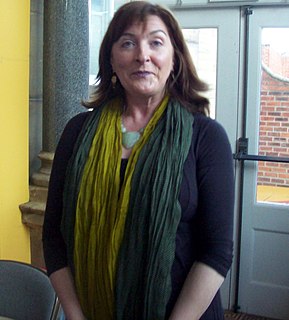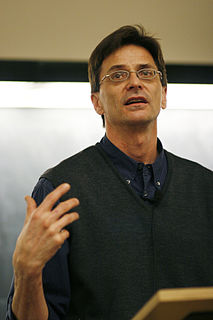A Quote by William Faulkner
I imagine as long as people will continue to read novels, people will continue to write them, or vice versa; unless of course the pictorial magazines and comic strips finally atrophy man's capacity to read, and literature really is on its way back to the picture writing in the Neanderthal cave.
Related Quotes
In the end, of course, all novelists will be judged by their novels, but let's not forget that we will also need new ways of assessing the latter. There are people who will continue to write nineteenth-century novels in the early twenty-first, and even win major prizes for them, but that's not very interesting, intellectually or emotionally.
I think that when you're depressed, you can't concentrate long enough and well enough to read for the most part; some people can, but by and large people - that's one of the first things that goes, is the capacity to read meaningful literature. With grief, that's not true. For a while you can't read, but then you really are amenable to solace.
The illusion of freedom will continue as long as it's profitable to continue the illusion. At the point where the illusion becomes too expensive to maintain, they will just take down the scenery, they will pull back the curtains, they will move the tables and chairs out of the way and you will see the brick wall at the back of the theater.
We're at an interesting phase of Asian and Asian-American writing, where we might succeed in having readers look at us as creative individuals who write with fury and fire about the world, and in new ways, without having them say things like "I read a really good Indian book," or "That Malaysian fellow writes very well." So I hope by identifying as Indian I can get people who don't usually read "ethnic" or "Indian" literature to read that literature and enjoy it.
It's hard to tell if anyone's interested in reading a serialized story. But it's interesting to put in a cliffhanger each week. That was popular in old comic strips. They'd write a weekend story different from the daily strip. So people follow one story day to day, and a separate story on weekends. If you read them, you think "I'll read two more." Then you're like "I gotta find out!" And you read 500 more.
Mainstream politicians will continue to protect existing systems of power, corporate executives will continue to maximize profit without concern, and the majority of people will continue to avoid these questions. It’s the job of people with critical sensibilities—those who consistently speak out for justice and sustainability, even when it’s difficult—not to back away just because the world has grown more ominous.





































